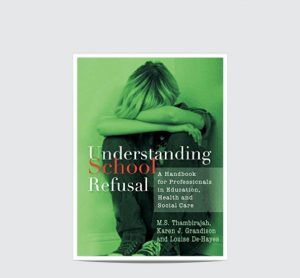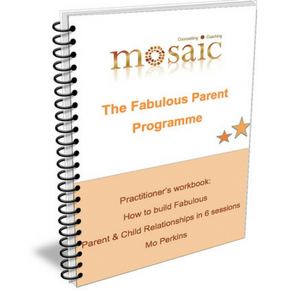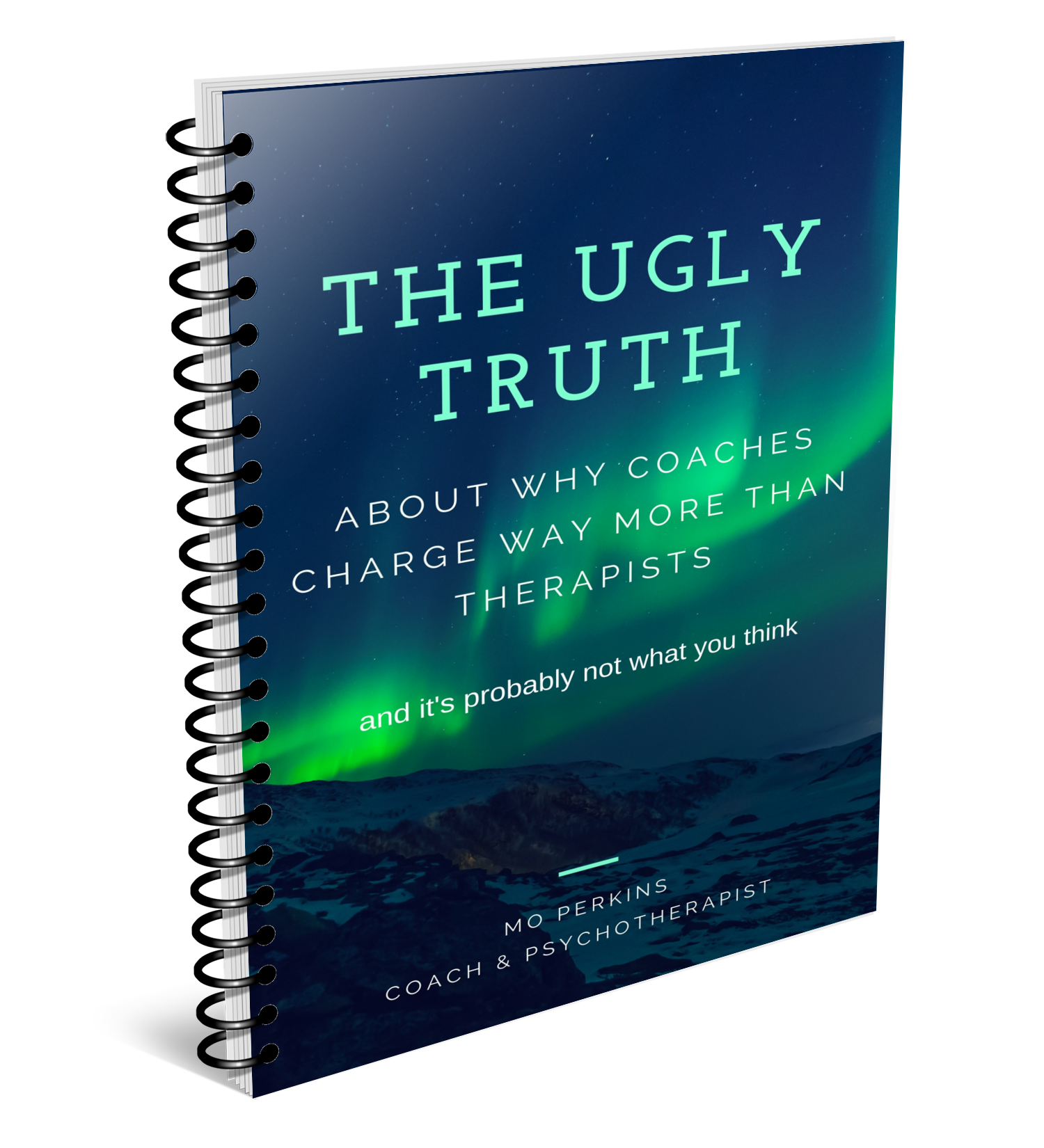Book Review:
Understanding School Refusal
Written by Thambirajah, Grandison & De-Hayes
I’m sure if you work with kids or their parents you have lots of books on your shelf just like I do. The books you wouldn’t be without and couldn’t put down and the books that you didn’t quite connect with.
I’m often asked to recommend books by the practitioners I supervise and train so I decided to put together some of my past book reviews. I’ve got many other titles related to working therapeutically with children I can share with you, both practical and theoretical so look out for more reviews from me.
If you’ve read any of the books I’ve reviewed on this page or have book recommendations of your own please leave a comment. I’d love to hear from you.
Understanding School Refusal is an interesting and useful handbook for all professionals working with children and young people. It clearly defines the different types of school non attendance distinguishing between truancy, parent condoned absence, and school refusal. Furthermore, the book provides a clear rationale for managing a return to school programme.
Although not specifically aimed at therapists, I feel the book would be accessible to school counsellors and others working within schools or in family therapy. I particularly appreciated the collaborative approach to managing school refusal and the non blaming attitude. The popular misconception that school refusal is based on a triangular relationship between overprotective mother, a distant father and an over-dependent child is firmly dispelled in this book by Thambirajah, Grandison & De-Hayes. This stereotype is true some of the time but certainly not all of the time. The authors indicate their view, that although neither the child nor the parents nor the school are to blame for school refusal, there is a circular causality which involves all three components. Furthermore, getting the child back to school is most successful when the child, both parents and school work together to find the most appropriate solution.
Understanding School Refusal uses interesting and illustrative case studies throughout. I found the book to be clear and well structured with useful tables in the text and summary points at the end of each chapter. There is a chapter devoted to anxiety with practical suggestions for making the information child friendly. A section on assessment is included followed by a comprehensive description of how to design and implement a back to school plan. Therapists used to working with systematic desensitisation will be familiar with the principles used here and those not familiar will be much wiser after reading this book. My only criticism of this book is that there seem to be a number of irritating typographical errors. Despite that minor gripe, I would recommend this handbook for those professionals working with school refusal, which if undetected and untreated can lead to social isolation, increasing anxiety, depression and severe social disability.
Mo Perkins, Integrative Psychotherapist and Supervisor in Private Practice.




